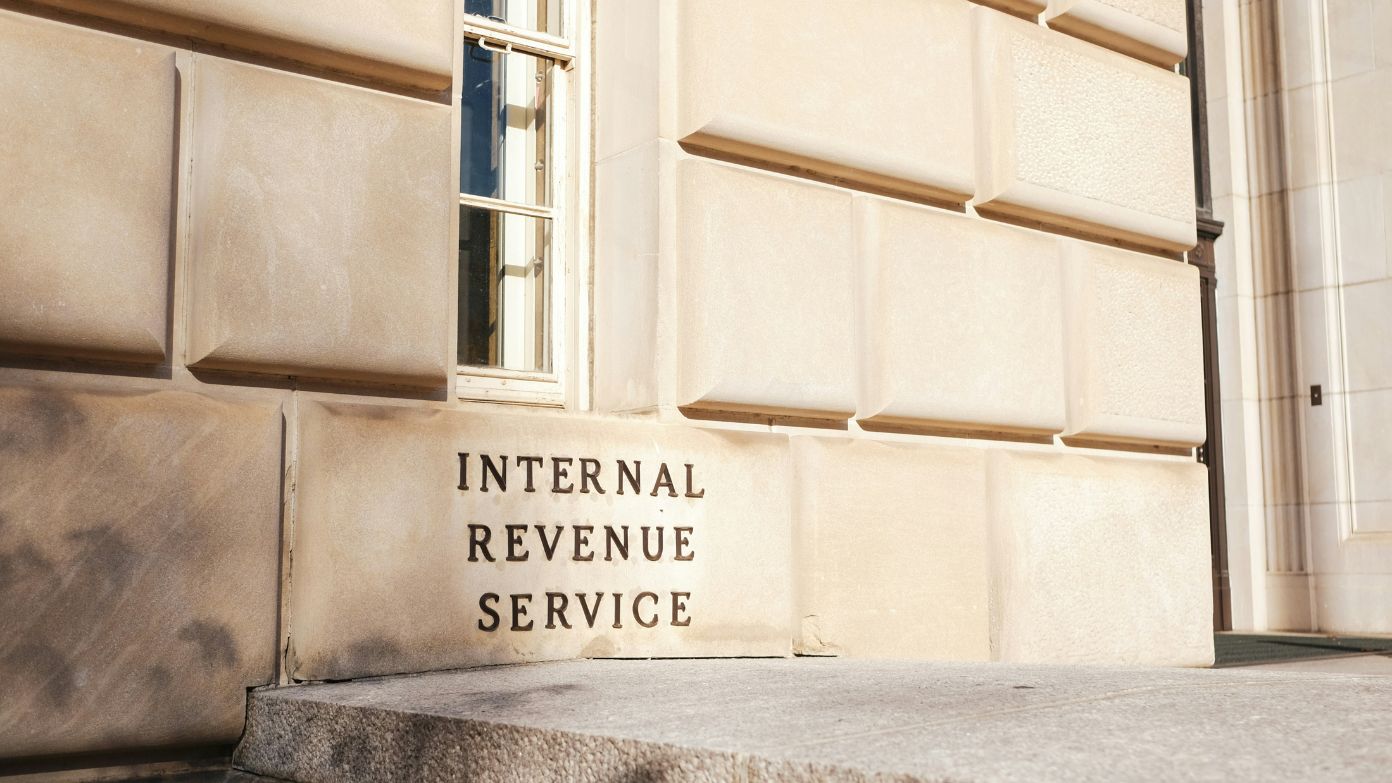When it comes to taxes, every dollar counts—whether you owe money or are due a refund. That is why the interest rates the IRS charges or pays can have a real impact on your finances. Starting July 1, 2025, the IRS is updating its rates for both underpayments and overpayments. If you owe the IRS or are waiting on a refund, here is what you need to know in simple terms.
What are the new IRS interest rates for 2025?
Beginning July 1, 2025, the IRS will apply new interest rates on tax underpayments and overpayments. These rates are reviewed and adjusted every quarter based on federal short-term interest rates. Here is how they break down:
- Individual overpayments: 8% interest, compounded daily
- Corporate overpayments: 7%
- Corporate overpayments over $10,000: 5.5%
- Individual and corporate underpayments: 8%
- Large corporate underpayments: 10%
That means if you owe the IRS, you will be paying more in interest starting July. But if the IRS owes you, you will get a slightly higher return—though it still may not be a game-changer unless the refund is delayed for a long time.
How does the IRS calculate interest on unpaid taxes?
The IRS does not just pull numbers out of thin air. Interest rates are calculated using a formula:
- Federal short-term rate +
- 3% for individuals
- 2% for corporations on large overpayments
- 5% for large corporate underpayments
- 3% for individuals
These rates are compounded daily, not monthly or yearly, so even a short delay in payment can cost you.
What happens if you pay your taxes late?
If you file your return late or do not pay your tax bill on time, the IRS will start charging you interest at the new 8% rate for individuals and corporations. And that is on top of any penalties you may owe.
So if you think you might end up owing taxes, it is better to pay as early as you can to avoid watching the interest pile up.
Does the IRS pay interest on tax refunds?
Yes, the IRS does pay interest on refunds—but only under certain conditions. If the IRS takes longer than 45 days after the tax deadline to issue your refund, you will start earning interest at the new rate of 8% (or 7% for corporations).
Still, do not get too excited. Unless your refund is delayed for a long time, the interest amount will likely be small. But it is good to know the IRS owes you a little extra if they take too long.
What should you do with this information?
Now that you know about the new IRS rates, here are some smart steps you can take:
- If you expect to owe: Try to make an estimated payment now to reduce the amount you might be charged interest on.
- If you expect a refund: File early. You might earn a bit of interest if there is a delay, but it is not worth waiting just for that.
- For businesses: Double-check corporate tax planning, especially if you expect large payments or refunds.
You can read more about these changes in Revenue Ruling 2025-13 on IRS.gov.
By keeping an eye on these interest rates, you can avoid paying more than necessary—or at least understand why your tax bill is a little higher than you thought. And if you are due a refund, a little patience might just pay off—literally.
Continue reading:
Goodbye to IRS paper checks: here’s how Trump’s executive order affects your refund and what to do
IRS Form 8027 in 2024: what is it, instructions, how to fill it out, and where to apply

